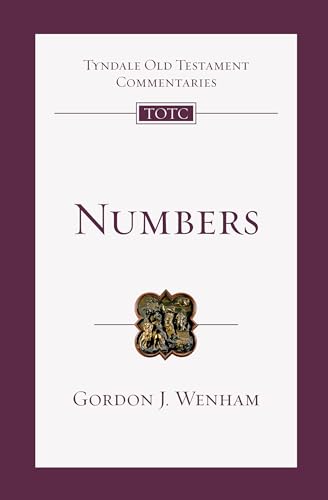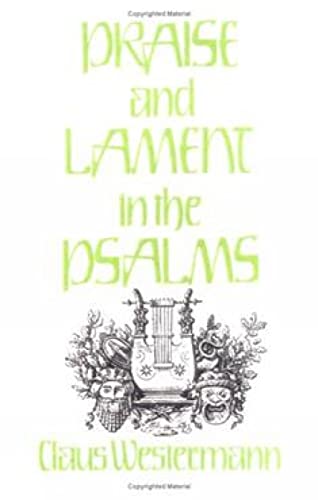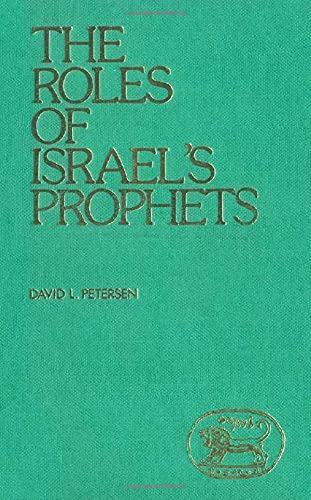Volume 9 - Issue 1
Martin Luther
By David F. WrightMartin Luther was born 500 years ago this year. There is probably no-one in the whole history of the Christian church after the apostles whose memory evangelical Protestants should be readier to honour than Luther. For if evangelical Christians are by definition gospel-people, to no-one was the recovery of the apostolic gospel in the early modern era more singularly due than to him. Historians stress that pre-Reformation Europe suffered from a surfeit of religion, not from a lack of it, and Luther blazed the trail in stripping away those myriad accretions of fearful piety which blocked out the radical simplicity of the Christian gospel. By far the most significant of the Ninety-five Theses was the sixty-second: ‘The true treasure of the Church is the holy gospel of the glory and the grace of God.’ Was there ever a theologian whose thought was so mastered by the good news for sinners in Jesus Christ?
Moreover, if evangelicals are by conviction Bible-Christians, perhaps the longest labour of Luther’s life was his German Bible, and it was by a scholar’s exegetical discovery that his fresh apprehension of the gospel laid its total claim upon him:
I had certainly been seized with a wondrous eagerness to understand Paul in the epistle to the Romans, but hitherto I had been held up—not by a ‘lack of heat in my heart’s blood’, but by one word only, in chapter 1: ‘The righteousness [justitia] of God is revealed in [the Gospel].’ For I hated this word ‘righteousness of God’, which by the customary use of all the doctors I had been taught to understand philosophically as what they call the formal or active righteousness whereby God is just and punishes unjust sinners.… At last, as I meditated day and night, God showed mercy and I turned my attention to the connection of the words, namely—‘the righteousness of God is revealed, as it is written: the righteous shall live by faith’—and there I began to understand that the righteousness of God is the righteousness in which a just man lives by the gift of God, in other words by faith, and that what Paul means is this: the righteousness of God, revealed in the Gospel, is passive, in other words that by which the merciful God justifies us through faith, as it is written, ‘The righteous shall live by faith.’ At this I felt myself straightway born afresh and to have entered through the open gates into paradise itself. There and then the whole face of scripture was changed; I ran through the scriptures as memory served, and collected the same analogy in other words, for example opus Dei, that which God works in us; virtus Dei, that by which God makes us strong; sapientia Dei, that by which He makes us wise; fortitudo Dei, salus Dei, gloria Dei. And now, in the same degree as I had formerly hated the word ‘righteousness of God’, even so did I begin to love and extol it as the sweetest word of all; thus was this place in St. Paul to me the very gate of paradise.1
Thus the light of Scripture freed him from church dogmatics.
Yet Luther remains a tantalizing, almost infuriating theologian. Debate persists, of course, about some aspects of Calvin’s teaching, but as often as not it takes its origin not in Calvin’s obscurity but in his unwelcome clarity. But Luther is a sterner challenge to his interpreters. Even on so central an issue as the relation between law and gospel to expound Luther’s understanding with rounded faithfulness is a demanding task. But this much can be said. If it is a test of fidelity to Paul’s gospel that the expositor is liable to be misread as advocating antinomianism, then Luther was far more faithful to Paul than most modern evangelicals (who are more likely to be accused of the opposite error of legalism). To exalt the freedom of gospel grace was Luther’s magnificent obsession, even at the risk of appearing to do despite to the law of God. Some may judge him to have erred, but if he did, he erred in the right direction, if we take our bearings from Paul.
Nor is it easy to do justice to a theological writer so given to paradoxes and opposites. On the one hand he could compose the tenderest of lyrics for the church’s hymnody:
Take note, my heart; see there! look low:
What lies then in the manger so?
Whose is the lovely little child?
It is the darling Jesus-child.
Dear little Jesus! in my shed,
Make thee a soft, white little bed,
And rest thee in my heart’s low shrine.
That so my heart be always thine.2
Not that Luther was one to let baby-worship banish the gospel from the manger—or from the font!
Yet less than a decade later he gave vent to the bitterest of his treatises against the Jews, On the Jews and Their Lies. As the Zurich churches commented on another of his anti-Jewish works, ‘If it had been written by a swineherd, rather than by a celebrated shepherd of souls, it might have some—but very little—justification.’3 It stands in stark contrast to Luther’s first writing on the subject, That Jesus Christ was Born a Jew, which had been welcomed by Jewish readers in 1523.
The older Luther is no doubt an unattractive figure. Against the Roman Papacy, an Institution of the Devil(1545) is probably not on the reading-list of any of the current RC-Protestant dialogues. Yet if its polemical fury muddies exegesis and transgresses the bounds of good taste (‘this bishop of hermaphrodites and pope of Sodomists’), it is written out of a passion for the liberation of the gospel and the Scriptures. Even at his fiercest there is nobility in Luther’s savagery. Let critics beware lest our distaste for such acrid controversy reflects the spinelessness of an age and of a church which on very few issues can declare, ‘Here I stand. I can do no other’ (which is strictly unhistorical but ‘a true myth’4).
What Samuel Rutherford once said of himself could well be applied to Luther—that he was ‘made up of extremes’. The contrasts abound—light and dark, lofty spiritual elevation and subterranean gloom, limpid simplicity and complex obscurity. One result is that Luther is never dull for very long. If Macquarrie maddens or Barth bores, read some Luther to rekindle your zeal for gospel theology. The theological student who never reads Luther is depriving himself of some of the most appetizing and energizing fare in the theological menu. There is something here for all interests and tastes, from the Reformation manifestoes of 1520, such as The Babylonian Captivity of the Church, to the classical simplicity of the Shorter Catechism, the devotional sensitivity of his exposition of the Magnificat, the provocation of How Christians Should Regard Moses, the insight of his Open Letter on Translating and the relentlessness of his defence of The Bondage of the Willagainst Erasmus.
But finally, Luther splendidly exemplifies the fallibility of all theologians. Evangelicals may be prone to idealize or even idolize the Reformers, and can be testy when they are faulted. But we do the cause of biblical Christianity no service if we stamp even a Luther or a Calvin with the mark of impeccability. Rather let Luther have the last word, before the emperor at Worms in 1521, after he had offered to recant if ‘convicted by the testimony of Scripture or plain reason’: ‘I am bound by the Scriptures I have quoted, and my conscience is captive to the Word of God.’ Coram Deo he has his reward.
1 E. G. Rupp and B. Drewery, Martin Luther (Documents of Modern History; London: Edward Arnold, 1970), pp. 5–6.
2 From ‘Vom Himmel hoch’, in the translation of George MacDonald, the Scottish novelist and poet, Luther’s Works, vol. 53: U. S. Leopold (ed.), Liturgy and Hymns (Philadelphia: Fortress, 1965), p. 291. Another, less idiomatic translation is to be found in the hymn ‘Give heed, my heart, lift up thine eyes’ included in many modern hymnals.
3 ‘Quoted by M. H. Bertram in Luther’s Works, vol. 47: The Christian in Society IV (1971), p. 123.
4 Rupp and Drewery, op. cit., p. 57.
David F. Wright
David Wright is the Professor of Patristic and Reformed Christianity at New College, Edinburgh University. Amongst his specialist areas for teaching and research are infant baptism, Augustine and the Reformation.






